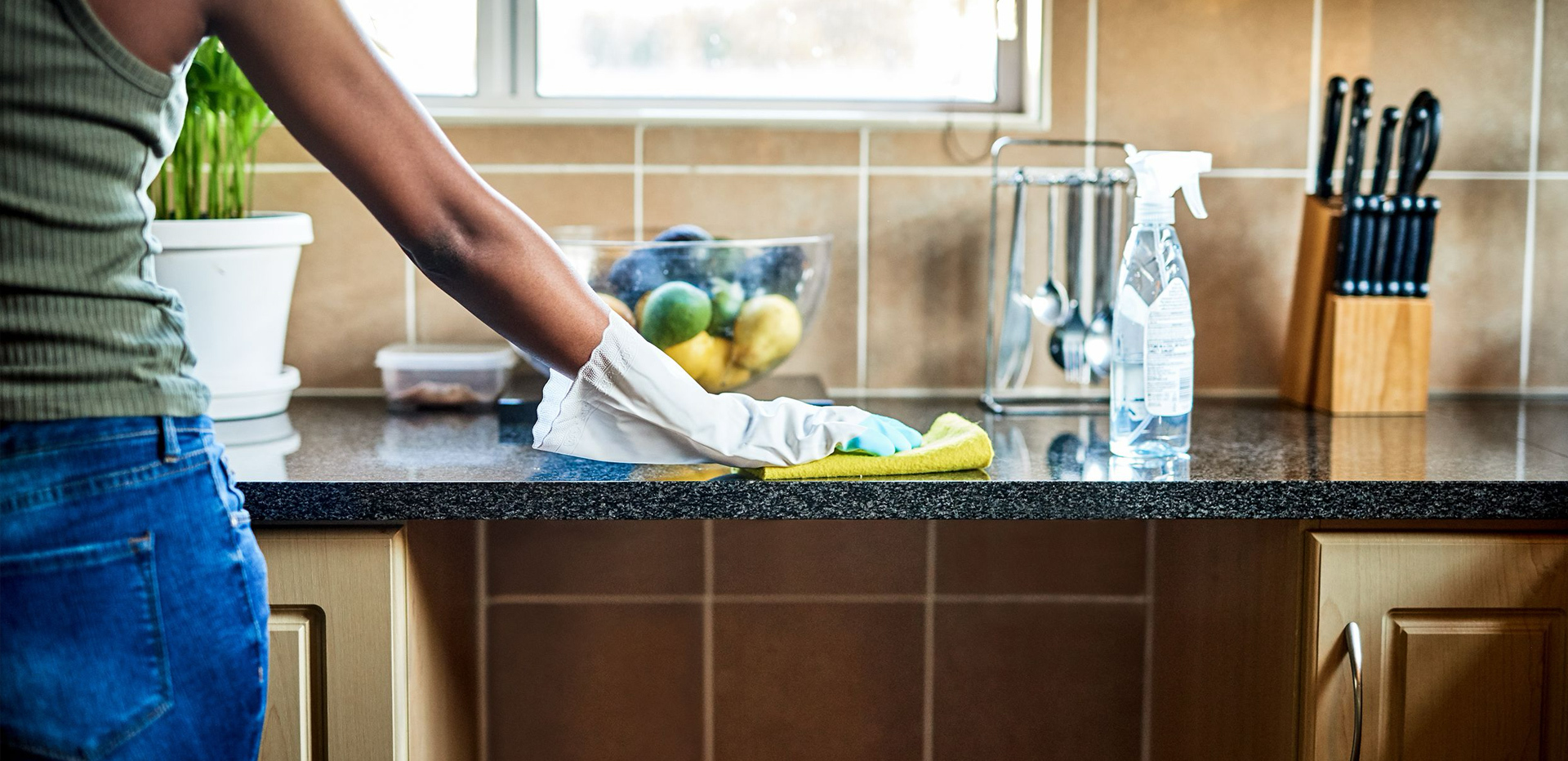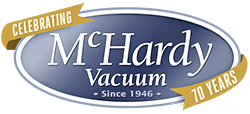Cleaning Tips: What works and what to avoid
14th Jul 2020
In our fast-paced society its common to be on the lookout for ways to make our lives easier, or hacks that can close out our to-do list as quickly as possible. However, are these time saving measures really worth it?
Cleaning Hacks to Avoid:
- Avoid using the dishwasher as a catch-all. Yes, dishwashers are convenient, but they can cause damage to many unsuspecting surfaces. Wood cutting boards and serving dishes can warp or crack, the seal on travel coffee mugs can be ruined, and delicate porcelain can be damaged in the hot water of the dishwasher.
- Sweeping non-carpeted surfaces instead of using the vacuum. We are all familiar with the dreaded Dustpan Line and we all know that even with the best sweep job some dirt is being left behind. These small dirt particles and stones can cause scuffs or scratching to the floor surface.
- Using homemade vinegar or bleach cleaning solutions on all surfaces. Being an acid, vinegar can cause etching and cloudiness on granite and marble surfaces. While bleach can cause damage to metal surfaces (like stainless steel appliances or pots and pans) if not diluted properly due to the oxidation process that occurs.
- Not following the directions and proper dosage amount of laundry detergent. Unfortunately, more detergent doesn't always lead to cleaner clothes and can cause poor wash results. The extra suds create a cushion between clothes preventing them from rubbing against each other (which helps in the cleaning process) and causes detergent to become trapped in the fibers as they could not be fully rinsed. Yes, this means actually using the provided measuring cup.
- Vacuuming or shaking out vacuum filters. Now, we're all for maintaining the filtration system in a vacuum but overtime the microscopic pores in filters will become clogged and no amount of vacuuming or shaking will unblock them. Using a vacuum with blocked or clogged filters causes reduced air flow (and reduced cleaning results), plus can cause the motor to overheat and turn off. It is always best to follow the manufacturer recommendations, and keep in mind that most filters need to be replaced every 12-18 months.

Cleaning Tips from the Experts:
- When using microfiber cleaning cloths do not use the same one throughout the house. There should be a dedicated cloth for kitchen counters, a separate one for bathrooms, and additional ones as needed. This prevents cross contamination of germs and bacteria.
- Clean the sink after every use. The kitchen is the heart of the home, and the sink is the heart of the kitchen. Grime and food build up can happen quick, and a good habit to get into is cleaning the sides, bottom, and back of the sink (where the faucet is) on a daily basis. Looking to take it the next step? Handheld steamers, like the Reliable Pronto, blasts through grime and leaves stainless sinks sparkling, plus the steam kills germs and bacteria.
- Let cleaning agents sit for a few moments before scrubbing. Save some of the elbow grease and give cleaning agents the time they need to go to work. Most cleaning products need a few minutes to be the most effective.
- If clutter is a problem, start using the "Put It Away, Not Down" philosophy. Tired of clutter gathering on the table, stairs, or counters? Get into the habit of putting things away once finished using them, instead of just putting them down on a flat surface.


